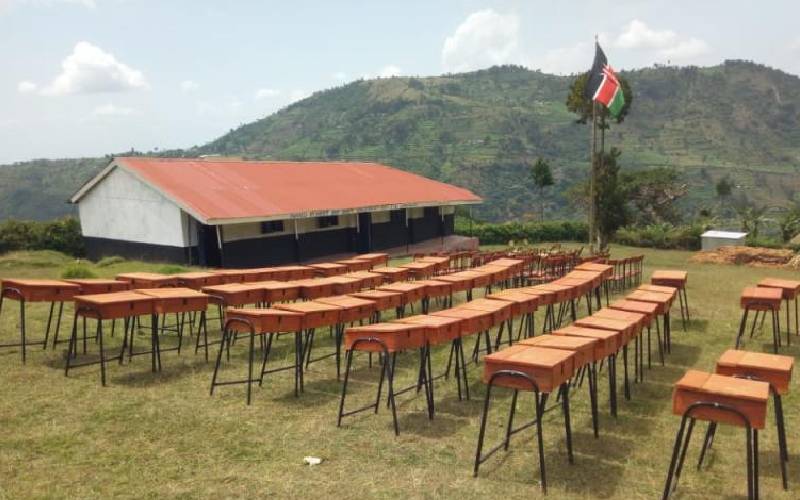×
The Standard e-Paper
Smart Minds Choose Us

The government did not make any budgetary provisions for capitation in its current budget. [Courtesy]
There is a tsunami headed our way in the secondary school system in January 2023. The crisis arises due to implementation by government of policies that, while progressive, have not been properly planned for.







